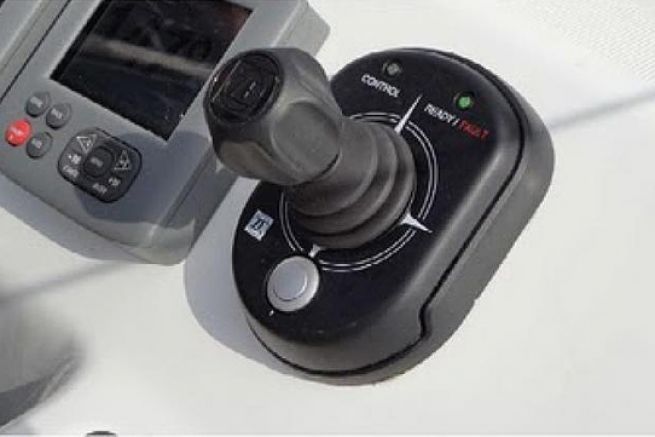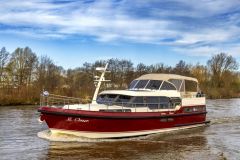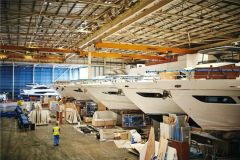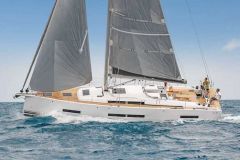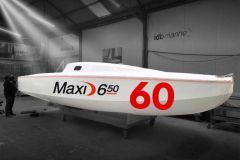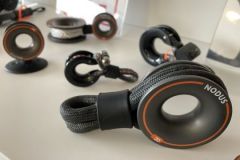5 years ago, Bénéteau launched a revolutionary system to move his sailboat with the tip of his fingers, or rather with the tip of the joystick. The Dock & Go (called 360 Docking at Jeanneau) was an exclusive developed by the group and distributed only on the group's sailboat brands.
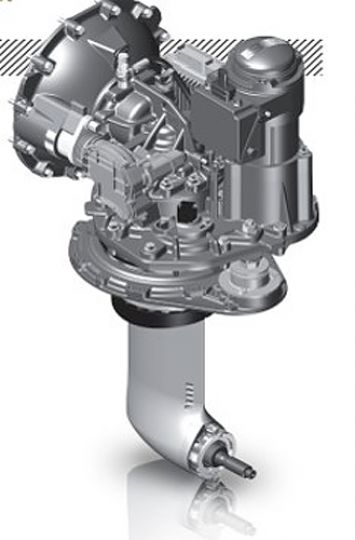
It is a motorized ZF base plate for 360° rotation. This base is coupled with a bow thruster to also act on the bow of the boat. Electronically controlled, the systems allow the boat to be manoeuvred with a joystick. The boat moves at will in crab or turns on itself with great ease.
Five years later, this process, which was owned by the Bénéteau group, is now marketed by the Yanmar engine manufacturer. At the time, this system was assembled on older generation Yanmar engines (engines that no longer meet the RCD2 standard, mandatory for exhaust emissions from January 2017). These were the Yanmar 3JH5 (39 hp), 4JH5 (54 hp), 4JH4-TE (75 hp) and 4JH4-HTE (110 hp) models.
Since then, Yanmar has changed its range of JH engines to replace them with Common Rail (CR) electronic injection engines that meet RCD2 standards. (4JH45CR, 4JH57CR, 4JH80CR and 4JH110CR).
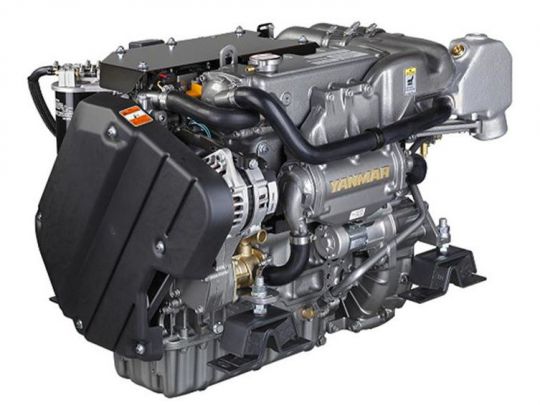
These engines are distinguished by 5 characteristic points:
- Clean. They meet current international exhaust emission standards and do not emit smoke.
- Inter connectivity. They connect easily to the boat's navigation instruments.
- Silent. Their Common Rail injection system allows for smoother and quieter noise.
- Powerful. The Common Rail injection system gives immediate torque and good performance.
Economic. Direct injection allows less consumption.
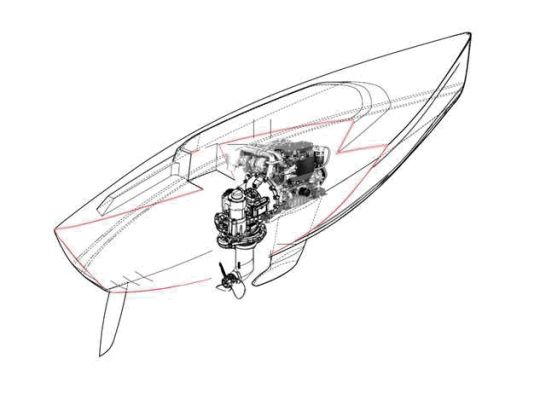
Today, Yanmar has reworked this system to adapt it to the new engines and distributes it under its name to all shipyards. For the moment, it fits only on the 4JH80CR (80 hp), but new evolutions are in progress to adapt it on the other powers thereafter.

